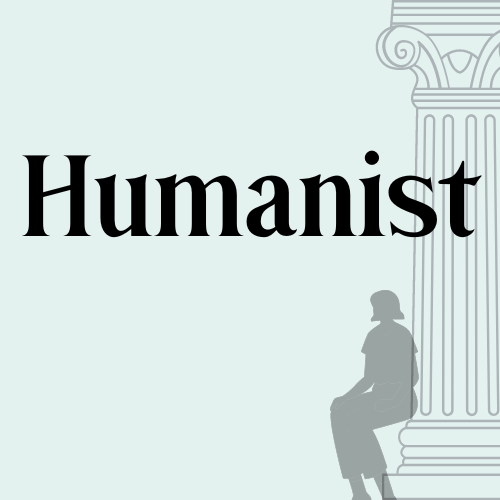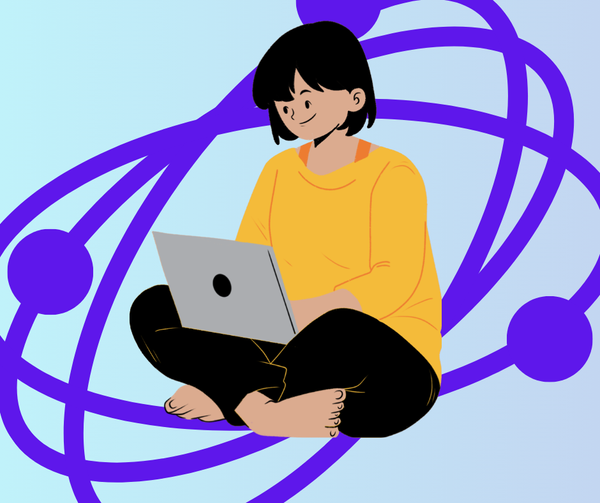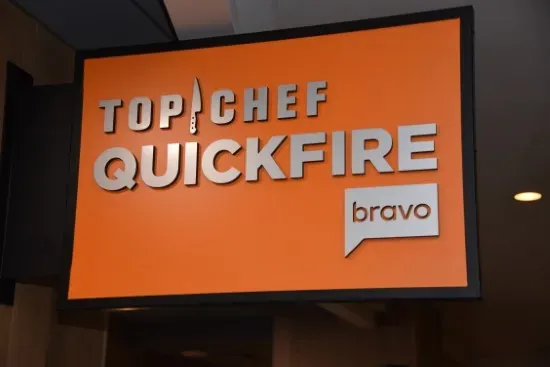When dialogue goes off the rails
As professors and facilitators of discussion, we urgently need more training on what to do when discussion goes off the rails, because it does not feel good to let students down.

In 2015, my first year as a professor, I really let a student down. We were talking about issues of gender in Lysistrata, and a male student - I can't remember the context - said something offhand about asexual people. A female student, a Women's Studies major, called out his comment for being insensitive and incorrect. My response at the time was to interrupt, ramble for a minute, and then return us to the question I'd posed. She was clearly upset that I had dodged the issue, and brought it up on my teaching evaluation (yes, they are anonymous, but I'm connecting the dots). I'm 99% sure the male student did not mean to be insensitive and just didn't know a whole lot about asexuality, but unfortunately, his comment did cause real offense.
This example may seem benign compared to the minefield of 2024. Many professors have had to reckon with students repeating MAGA or QAnon disinformation in class. I've heard colleagues say that they live in fear of anyone mentioning Israel or Palestine at all in class, even though it's such a crucial moment for historical understanding and education, and even though terrorism, genocide, and war crimes should not be sites of ambiguity or controversy in an educational space. But the point I want to make is that as professors and facilitators of discussion, we urgently need more training on what to do when discussion goes off the rails, because it does not feel good to let students down.
One of the original, seminal works on bystander intervention, Latané and Darley's 1970 book Why Doesn't He Help?, identifies 5 steps of intervention: 1) notice the incident, 2) interpret it as an emergency, 3) accept responsibility for doing something about it, 4) know what to do, and 5) intervene. I think a lot of us are stuck on Step 3 or 4. Centers for Teaching and Learning should be hosting regular trainings on this topic, and I'm sure many are. Certainly, at trainings on civil dialogue, there should be a section on what happens when ground rules are broken despite our best efforts. I'm going to offer some thoughts here in the name of spurring further conversation, but I hope that if you have strategies or resources to share on this, you'll do so in the comments.
Safe spaces and free expression
When Jonathan Haidt and Greg Lukianoff wrote about "The Coddling of the American Mind" in the Atlantic in 2015, their argument seemed reasonable that college students benefit from discussing difficult and sometimes uncomfortable ideas in class. In courses about Greek and Roman civilization and literature, we encounter disturbing stories (fictional and historical and in between) about patriarchy, sexual violence, colonialism, enslavement, elitism, religious persecution, and other systems of oppression. I still think it's worth reading texts from those cultures, because there are a lot of interesting and sometimes even inspiring ideas there too. However, that doesn't make those systems of oppression anything other than what they are, and it's my practice in teaching to call them what they are.
Unlike Haidt and Lukianoff, I think it doesn't chill but rather supports discussion of difficult topics when we precede them with trigger warnings about potentially re-traumatizing subjects like suicide and sexual violence. Most students are on board with this, including the group of Columbia students who spoke out in favor of trigger warnings and inclusive pedagogical practices in 2015:
During the week spent on Ovid’s “Metamorphoses,” the class was instructed to read the myths of Persephone and Daphne, both of which include vivid depictions of rape and sexual assault. As a survivor of sexual assault, the student described being triggered while reading such detailed accounts of rape throughout the work. However, the student said her professor focused on the beauty of the language and the splendor of the imagery when lecturing on the text. As a result, the student completely disengaged from the class discussion as a means of self-preservation. She did not feel safe in the class. When she approached her professor after class, the student said she was essentially dismissed, and her concerns were ignored. ...Students at the forum expressed that they have felt that Literature Humanities and Contemporary Civilization’s curricula are often presented as a set of universal, venerated, incontestable principles and texts that have founded Western society. Such a presentation does not allow room for their experiences in the Western world or in class discussions. (Columbia Spectator op-ed)
It wasn't reading Ovid that the students objected to, but the professor's framing of the text and his dismissive reception of a student's attempt to voice her perspective.
It will usually be the case that some students in any given class do not see systems of oppression as mere historical fact or academic exercise, but have experienced them as personally and directly threatening. (1 in 4 women in college, for example, experience sexual violence.) Their perspectives and knowledge are incredibly valuable in discussions of those topics. Those students deserve to feel safe even as they participate in discussions about oppression. In fact, research shows that no one can really participate in a discussion or learn much at all when they don't feel safe. A feeling of psychological safety is a precondition of free expression, rather than a curtailing of it.
If a student says something to make a classmate feel unsafe or attacked, then as facilitators, the buck stops with us as educators to intervene in a calm, meaningful, supportive, and educational way, if we have any hope of restoring the group's capacity for discussion. But we can't do that if we don't prepare for this eventuality. And while I feel a lot of anxiety about this topic, thinking more about it and doing this kind of preparation might make me feel less anxious.
Unfortunately, this preparation would also come in handy at conferences and in other spaces in our academic communities. At a conference that I attended recently, a plenary panel got heated: one participant claimed that the "attack" on African American studies in Florida and other states was a straw man, that there was no such attack, and he was condescending to a Black professor on the panel who correctly fact-checked him. A third panelist intervened and asked everyone, including the audience, to take a deep breath, and to sit with the discomfort of disagreement bravely in the name of pluralism. This was a great de-escalation, but it felt insufficient to me to call this a "disagreement" when the speaker had been provably mistaken on a point of fact. And then, of course, there was the incident at the SCS annual meeting in 2019, when one scholar took the microphone and did intervene admirably to defuse the situation, even commenting on how upset he was as he did so, when many of us in the room (myself included) froze.
We all need hands-on training on how to respond when (not if) our colleagues on conference panels or search committees, or at faculty meetings, say something inappropriate. In our scholarship, we navigate how to disagree with other scholars, and each of us chooses the style and tone in which we do so; we should all put some thought into how to apply that principle to in-person interactions.
Scripting responses
I have been thinking for awhile about how I could have intervened in my class back in 2015, and how I could have done better. I think my first step should have come long before that particular class meeting, at the beginning of the semester, with some community agreements. In organizing spaces and other meetings I've attended since 2020, I've encountered this technique of helping a group to set its own ground rules or social contract. It's good democratic practice to make this a group activity. If anyone breaks the ground rules, it will be easier to enforce them if everyone has participated in setting them and agreed to them in the first place - no one can claim they didn't know the rules. It's an opportunity for them to gain self-awareness about when and under what conditions they feel comfortable speaking. It's also the case that this will empower students to intervene if we, their professors, violate community agreements by accident, which is also healthy democratic practice, if an uncomfortable prospect.
Nancy Thomas at the Institute for Democracy in Higher Education has a great chapter on "Readiness for Discussing Democracy in Supercharged Political Times" with some suggestions for sample community agreements in a classroom, as well as a discussion of how some of those agreements stand in tension with others, so that each group must choose which values are most important to them.
First on the list is the agreement to assume goodwill and good intentions on the part of one's classmates: if someone does say something offensive, we should agree to assume that it was an accident, as a starting point. But what then? Each of us instructors should have a script planned, something like:





